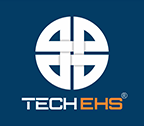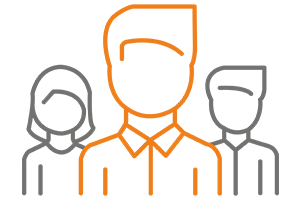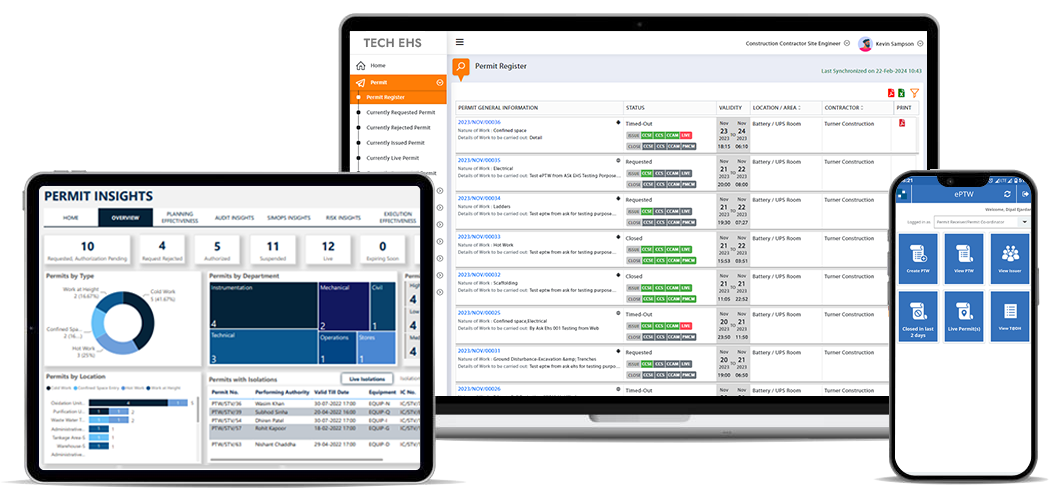Once the prototype was ready, TECH EHS professionals planned a 2-day site visit at Reliance Petrochemicals, Malaysia. The newly developed prototype put forth certain queries, and the discussions involved numerous manual interventions. These consisted of permit issuers, permit requesters, departmental heads, and concerned individuals from the control rooms.
After receiving elaborate considerations from more than 30 professionals from Reliance
Petrochemicals, TECH EHS, customized the software according to the agreed-upon prototype and delivered it on the User Acceptance Testing (UAT) server.
The e-PTW software developed to automate the PTW process was validated and qualified by engineers using pre-defined test procedures. Within a month, implementation began, and the software was rolled out to the instrumentation department first and then implemented in others, now running full-fledged in the organization.
RPCM’s PTW hierarchy was elaborate and comprehensive, as it consisted of many stakeholders in the whole process. Many authorities were responsible for their step-by-step process to enable complete awareness of the work carried out across all the significant areas. In addition to full visibility and a glance at the status of the existing permits, the software enabled automatic flagging for risk assessments, expired permits, and permits that were awaiting approvals.









